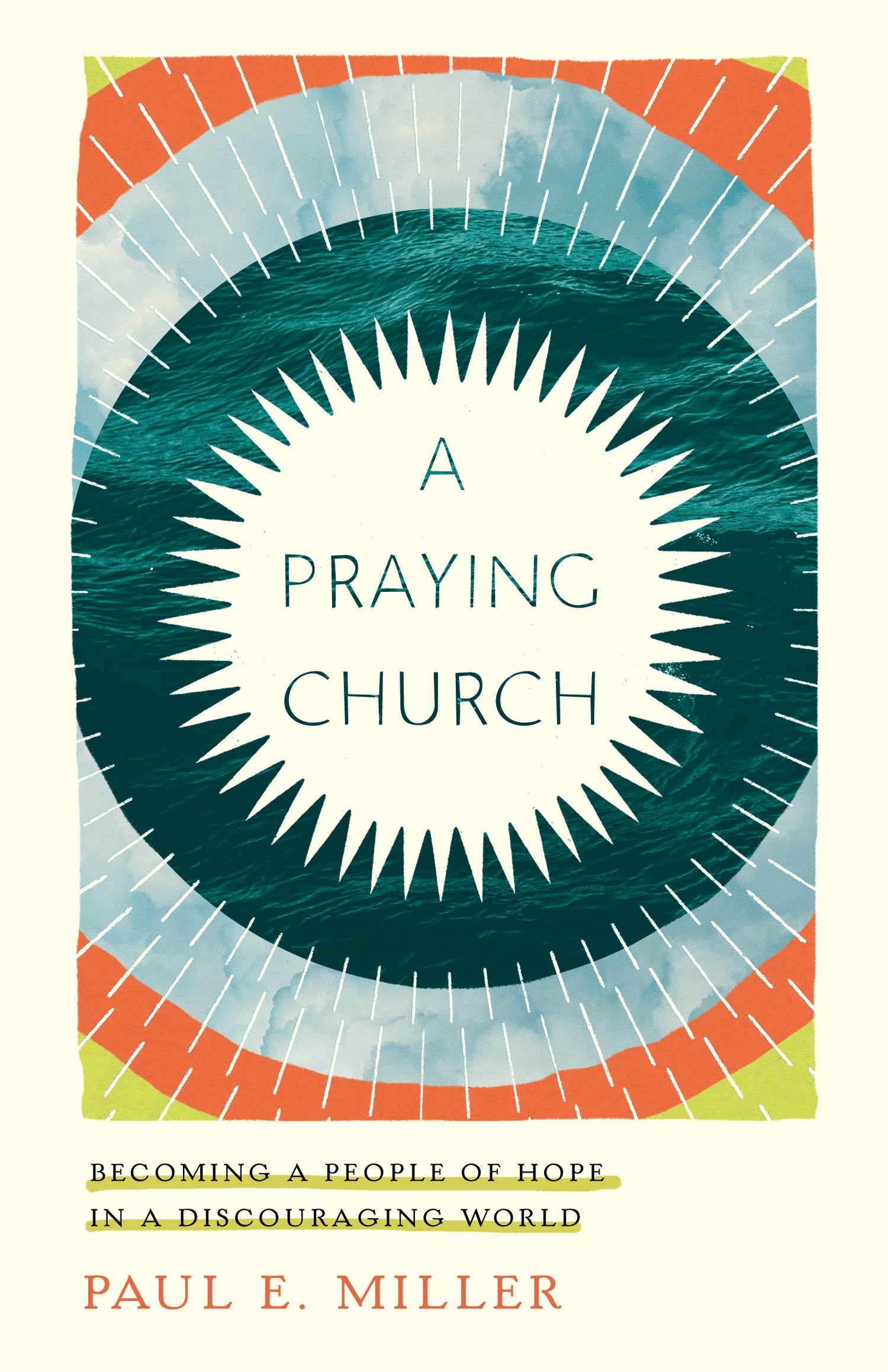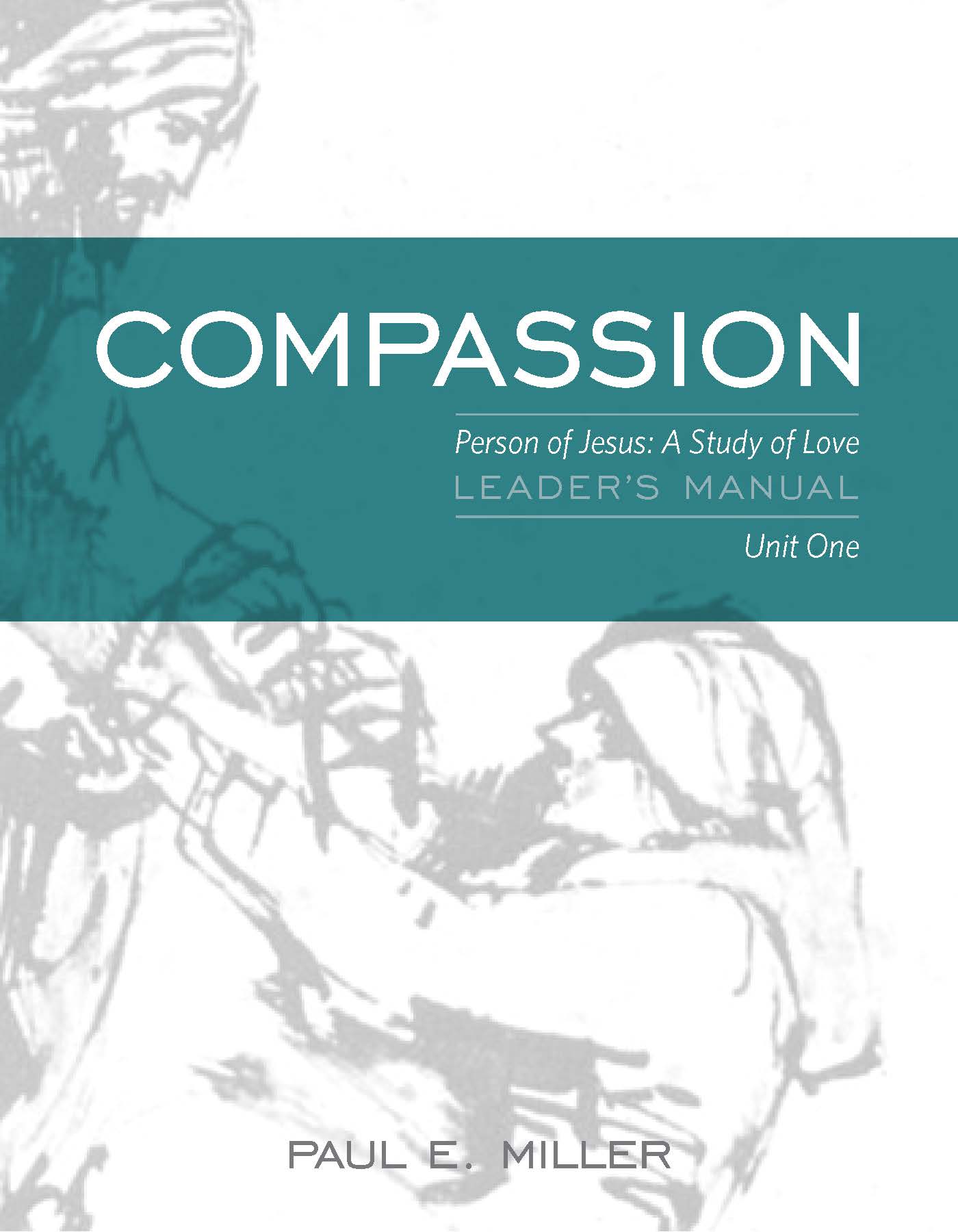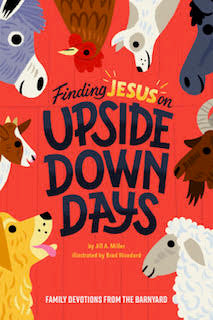We are living in a season of sadness. This is true globally at multiple levels, but it’s also true for the Church as we enter Lent. For many of us, sadness is frightening because we don’t know how to enter it without drowning.
One of the most striking things about Jesus is how he responds to loss. There's this sense out there that ‘spiritual people’ like Jesus float above life, that they're not bothered. And I think that's partly true — they aren't bothered by the wrong things. But there is an unmistakable stoic imprint on the church that has constrained our theology around emotions. If we look at Jesus on the way to the cross, we don’t see a stoic or a man floating above life, we see someone fully engaged, experiencing a range of emotions. He is bothered by things that are sad, so we can be too.
Jesus is bothered by things that are sad, so we can be too.
Consider Jesus’ relationship with his own tribe, the Jewish people, as he feels their rejection of him near the end of his earthly ministry. He doesn't say, “Oh, well, that didn't work out.” He grieves: “Oh, Jerusalem, Jerusalem, the city that kills the prophets and stones those who are sent to it? How often would I have gathered your children together as a hen gathers her brood under her wings, and you were not willing?” His lament is such a beautiful picture of Jesus’ heart, a window into the heart of his Father.
The modern stance might be to say, with resignation, “It is what it is what it is.” But Jesus doesn't have that fatalistic mindset. He's mourning. This incarnate, perfect God-man is fully in this broken fallen world. We often hear about how we can't trust our emotions, and there’s certainly much truth in that. But Jesus is giving space for those emotions. The stoic imprint gives us an allergy to those emotions, so we try to hurry past them. But Jesus doesn't quickly move on. I don't particularly like the phrase “be present,” because many people who use it deny the biblical authority that I love. But the phrase really is true. Jesus is present. He's present with not only their rejection of him, but with himself. He's comfortable being sad.
We sometimes communicate that if you're too sad, then you must not trust the Lord. Or that whatever you want, you want it too much. And it is true—a lot of sin is wanting something too much. In situations like this, people might say, “Well, you really made an idol out of your relationship.” But this was a real relationship. These are his people. He's their king. He's their friend. He loves Israel, literally, to death. And to not feel that loss is to cauterize our emotions.
When he sees the city of Jerusalem, he breaks out in tears. His heart is broken by the very sight of the city. It's such a window on the completely human Jesus.
Shortly after this, Jesus is riding over the Mount of Olives on the donkey and when he sees the city of Jerusalem, he breaks out in tears. His heart is broken by the very sight of the city. It's such a window on the completely human Jesus. But when we talk in Sunday school about Palm Sunday, we never say anything about how Jesus is crying when he’s on the donkey. Palm Sunday is traditionally a joyful Sunday in the church, and we struggle with keeping two emotions at the same time. There is real joy on that day for the people. And yet at the same time, there's this terrible grief that Jesus feels.
If in Christianity we have a problem with stoicism; in the broader culture, there's increasingly a problem of getting entangled or trapped in your grief and your sadness, being ruled by your feelings. Yet Jesus doesn't get self-entangled.
Jesus feels this profound rejection, sadness, and soon betrayal, yet we see him moving forward with the calling God's given him. It’s a beautiful picture of “don't be overcome by evil, but overcome evil with good.” It's so easy to get trapped in evil narratives, in what bad things are happening to me. But in this situation that Jesus knows is going to end badly, he is a lover to end all lovers.
This article is adapted from a Seeing Jesus with Paul Miller podcast – you can listen to the full conversation here. Come watch Jesus love all the way to the cross with us on this year’s Passion Week Pilgrimage, and get a vision for love in impossible places. Sign up for a free 8-day email devotional during Passion Week.








